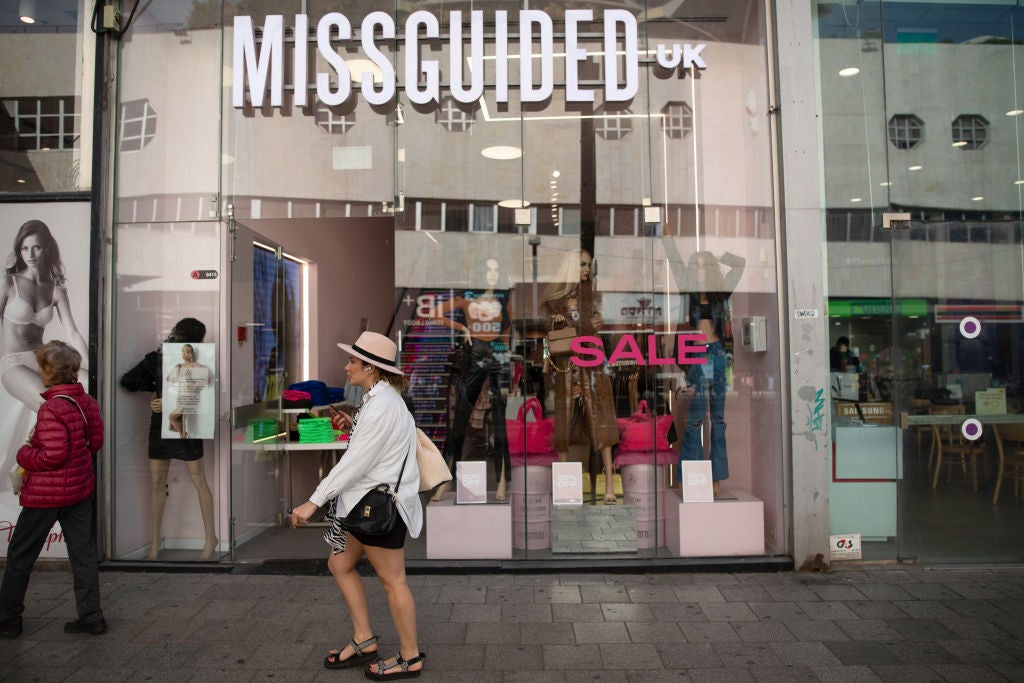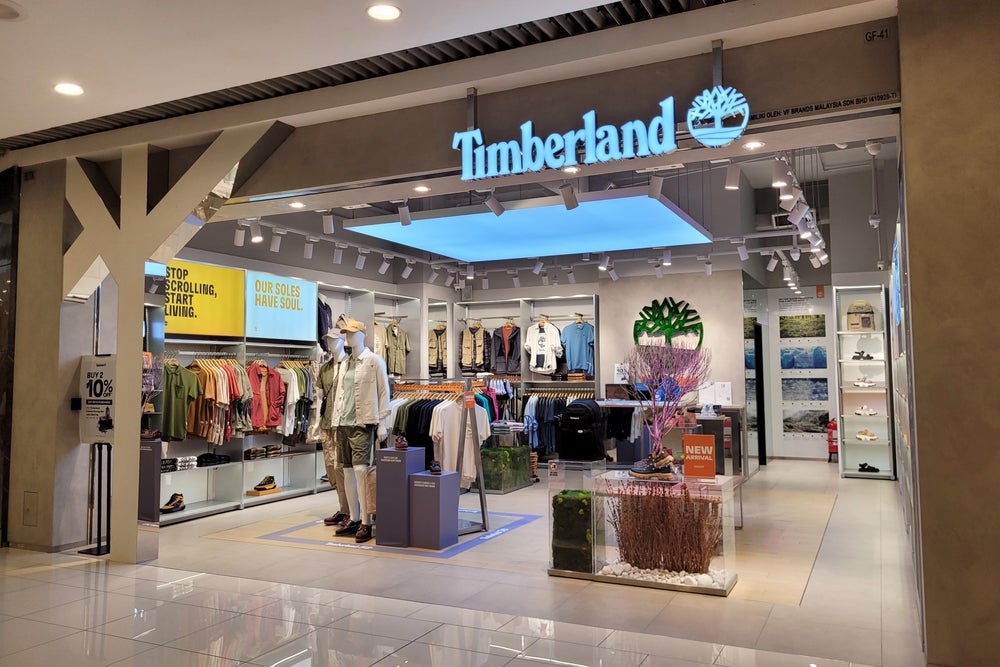Columbia Sportswear chairman, president and CEO Tim Boyle explains the third quarter performance was led by international-direct markets, with Canada, Europe-direct and China all delivering over 20% year-over-year growth in constant currency.
However, Boyle points out that the US marketplace remains challenging with the company working on an inventory reduction plan.
Key highlights from Q3 2023
- Net sales increased 3% (3% on constant-currency) to $985.7m from $955m or the comparable period in 2022.
- Operating income decreased 7% to $134.6m compared to third quarter 2022 operating income of $145.3m.
- Net income fell 7% as well from $111.8m to $103.5m when compared to the same quarter last year.
Moving forward, Boyle says: "As we finish the year and look forward to 2024, economic and geopolitical uncertainty is high. We know there will be challenges, particularly in the first half of next year. I’m confident in our team, our strategies, and our ability to achieve the significant long-term growth opportunities we see across the business. The strength of our diversified global business model and balance sheet enables us to continue investing in our strategic priorities."
Columbia Sportswear lowered its full year 2023 financial outlook expecting net sales to increase 0.5-2.0% (prior 2.0 to 3.5%), resulting in net sales of $3.48-$3.53bn (prior $3.53-$3.59bn), compared to $3.46bn in 2022.
Additionally, the global lifestyle brand forecasts spring 2024 to be a challenging season for the business with a combination of consumer and category headwinds, retailer cautiousness, and its transition to products designed without perfluoroalkyl and polyfluoroalkyl substances (PFAS) that it says will impact the first half of the year.















